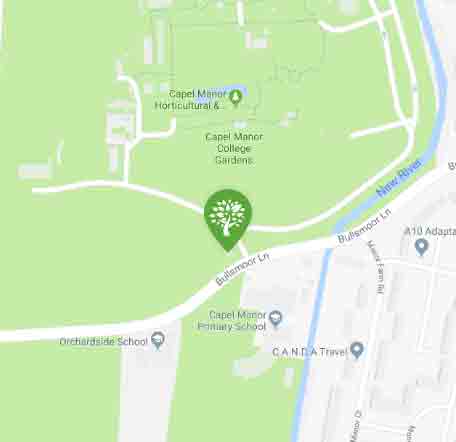Science
Back to Subjects ListKey Stage 3
| Course | Exploring Science: Working Scientifically | ||
|---|---|---|---|
| Overview |
Ultimately, Science is about understanding the world around us. Students learn to think for themselves, gathering and using evidence to explain their observations. Students develop skills in thinking for themselves, making predictions and explaining complex ideas in a logical and concise manner. In Key Stage 3 all students study Biology, Chemistry and Physics topic for equal lengths of time, in rotation. Practical skills are developed throughout the course and a range of skills are incorporated into schemes of work, including use of apparatus, graph drawing and data interpretation. |
||
| How will I be assessed |
|
|
|
|
What will I learn
|
Year 7 Working Scientifically Introduction Cells, tissues, organs and systems Sexual reproduction in animals Muscles and bones Ecosystems Mixtures and separation Acids and Alkalis The Particle model Atom’s, elements and molecules Energy Electricity Forces Sound |
Year 8 Food and nutrition Plants and their reproduction Breathing and respiration Combustion The Periodic table Metals and their uses Fluids Light Energy Transfers
|
Year 9 Genetics and evolution Forces and motion Force fields and electromagnets
|
| Skills and knowledge |
There are a variety of different sets of skills the students will develop such as:
|
||
| Further support | https://www.pearsonactivelearn.com | ||
Key Stage 4
| Course | AQA Entry Level Science |
|---|---|
| Overview | Entry Level Certificates (ELCs) are nationally recognised qualifications which give students the opportunity to achieve a certificated award |
| How will I be assessed |
There are two different types of assessment. Externally-set assignments (ESAs) consist of a short-written test. Teacher-devised assignments (TDAs) consist of a short piece of practical work. |
| What will I learn |
The six components meet the Programme of Study Key Stage 4 requirements. Biology 1. Component 1- Biology: The human body 2. Component 2 - Biology: Environment, evolution and inheritance
Chemistry 3. Component 3 - Chemistry: Elements, mixtures and compounds 4. Component 4 - Chemistry: Chemistry in our world
Physics 5. Component 5 - Physics: Energy, forces and the structure of matter 6. Component 6 - Physics: Electricity, magnetism and waves |
| Skills and knowledge |
There are a variety of different sets of skills the students will develop such as:
Working Scientifically Use of mathematics Literacy and communication Learning and thinking |
| Further support |

